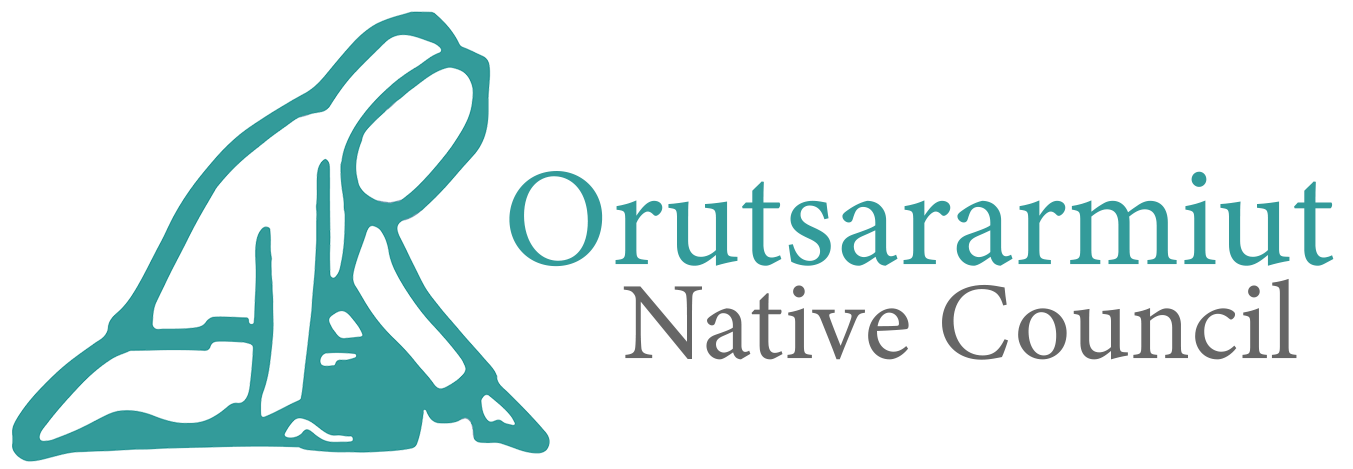History
The ONC tribal court was established and is governed by the judicial code. The constitution allows the tribal council to create an independent judiciary , through both the practice and under Judicial code. The ONC tribal court exercises Jurisdiction over child welfare cases transferred from State Court, guardianship and adoptions,. ONC is subject to PL 280, ANCSA, and historically adversarial state government.
*ONC currently does not exercise criminal jurisdiction, adult or juvenile. ONC does have an extensive juvenile justice code which is currently not being implemented due to lack if staff and funding.
P.L. 280 Jurisdiction History
Alaska is a mandatory Public Law 280 (P.L. 280) state. Congress passed P.L. 280 in 1953, at the height of the termination era. A response to perceived lawlessness on tribal reservations, the law sought to withdraw federal criminal jurisdictions and replace it with state jurisdiction. While Congress passed the law without tribal consent or consultation, contrary to some state interpretations, the law does not address or conscribe inherent tribal jurisdiction. The law primarily concerned itself with shifting criminal jurisdiction, though it also includes a civil jurisdiction provision.
In 1968, Congeress amended P.L. 280 to prevent additional assumptions of Jurisdiction in Indian Country without tribal consent, and to allow for states to retrocede their jurisdiction back to the federal government. In the PL. 280 states, tribes and states have concurrent criminal jurisdiction over Indians on tribal lands, though tribal jurisdiction is limited by the Indian Civil Rights Act and may also be subject to the Tribal Law and Order Act or the Violence Against Women Act special jurisdictions. In addition, states and tribes have concurrent civil jurisdiction over issues involoving civil prohibitary conduct, while tribes maintain exclusive jurisdiction over civil regulatory conduct.
In Addition , PL 280’s Intersection with the Indian child welfare act (ICWA) has led to mixed legal decisions regarding tribal jurisdiction over child welfare issues, a major area of concern for many tribal justice systems. P.L. 280 is not a diverstiture statute, tribes continue to have inherent jurisdictions over their members, and that provision of the law refers to reassuming exclusive jurisdiction over child welfare matters. As such, under ICWA, the state courts must grant full faith credit to tribal court orders.
For Alaska Native Villages, P.L. 280 coupled with the Alaska Native Claims Settlement Act (ANCSA) resulted in extensive litigation just to recognize the basic tribal jurisdiction acknowledged and respected in the lower 48 states. In addition, the legal landscape shaped by both of these laws have significantly limited the resources directly available to Alaska Native villages, from both the federal and tribal economic development.
While P.L. 280 Addresses jurisdiction in Indian country generally, in the Alaska Native village context , the determination of what is Indian Country has been the subject of additional Congressional action and the Supreme court review. Congress passed ANCSA in 1971. In attempting to settle the land claims of the Native Villages , the Act created by byzantine corporation system for both individual villages and regions of Alaska. And after the Supreme Court’s decision Alaska v. Native Village of Venetie Tribal Government, where the court detrmined there was no Indian Country as defined by 18 U.S.C. ∮ 1151 in Alaska due to ANCSA, Territorial-based tribal jurisdiction in Alaska is extraordinarily limited.
However, Alaska Native Villages retain inherent member-based tribal jurisdiction to adjudicate domestic issues. And while the State of Alaska claims exclusive criminal jurisdiction regardless of membership or location of the crim, none of the federal laws discussed in this report divest Native villages in Alaska of their inherent criminal jurisdiction. The lack of federal investment and support for Native village justice systems as a result of these laws, however, has meant there are currently a limited number fo tribal courts with the necessary capacity to exercise full jurisdiction over their members. This is especially true in the YK Delta Region.
Tribal Codes
Since time immemorial, The Yupik people have resolved disputes and conflicts, maintained peace in their communities and administered justice through the use of customary law, and traditional practices and processes. In order to affirm our sovereign powers of self government and self determination , to preserve , protect and build upon our unique and distinctive culture and traditions, we the members of the Native Village of Bethel Orutsaratmiut Traditional Government (”ONC Tribe” or ”Tribe” adopted these codes:
Tribal Judicial Codes- Hyperlink to PDF documents
Children’s Codes- Hyperlink to PDF documents
Juvenile Codes- Hyperlink to PDF documents
Current Memorandum of Agreements- Hyperlink to agreements
Administration
Contact Information
Fax (907) 543-2639
Toll Free (Alaska Only)
800-478-2654
Orutsararmiut Native Council
P.O. Box 927
117 Alex Hately Dr
Bethel, Alaska 99559
Business Hours:
Monday-Friday: 8AM to 5PM
Saturday & Sunday: Closed
Executive Director
Brian Henry
Council Chairman
Walter Jim
